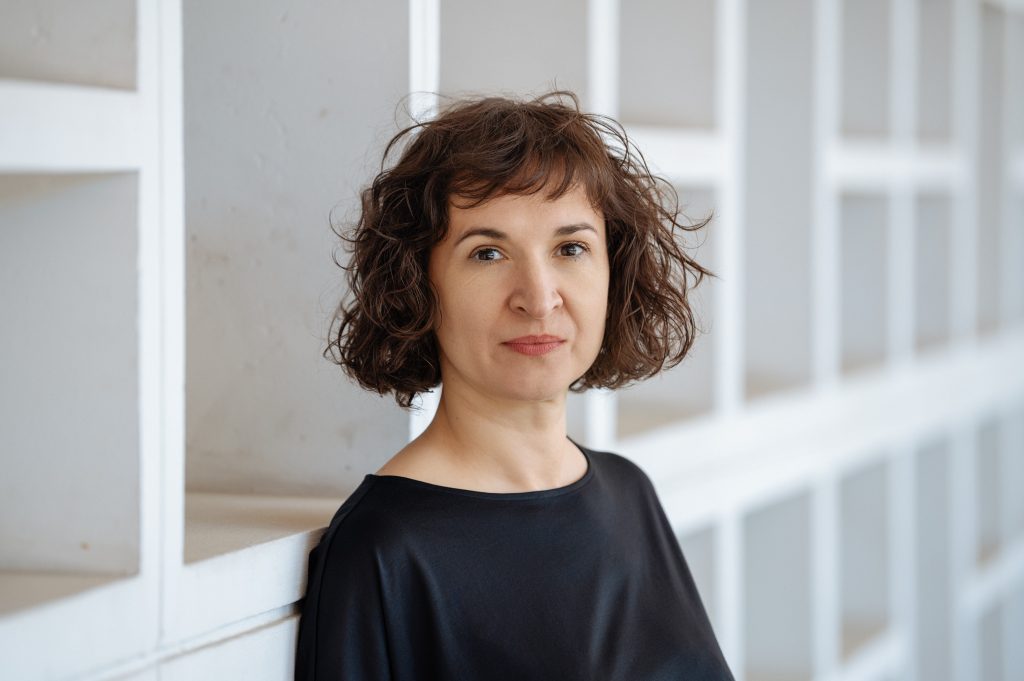Alumna but not forgotten: an interview with Katarzyna Puzon
katarzyna puzon
When were at global dis:connect, and what did you work on while here?

Image: Iveta Rysava/PolasBerlin
I was based at gd:c from July 2022 to June 2023, and my project was – and still is – concerned with scientific sound archives and how to deal with their legacy and ways of producing knowledge. Its focus and scope strongly resonate with my long-standing interest in temporality and the interplay of heritage, science and art, including in museums, exhibition spaces, urban sites and broader collaborative endeavours. The project is deeply rooted in my anthropological thinking, but it crosses disciplinary boundaries, drawing on critical heritage studies, sound studies, history of science and STS approaches. And it has a practical bent.
Where do you work now and are you still dealing with dis:connectivity?
After my fellowship, I returned to Berlin. One of the projects I was involved in last autumn concerned communicating science through sound and exhibiting (spoken) language. This was in the framework of the Nach der Natur (After Nature) exhibition. I was invited to comment on it and write about its media section, together with a colleague who is a musicologist and with whom I have been in dialogue for years. In this particular case, dis:connectivity was rather absent (an intriguing figure of speech). However, I have always worked on paradoxes and contradictions, as many anthropologists do, which seems inevitable when one needs to engage intensively with other people while doing ethnographic fieldwork in a ‘foreign’ context. In many respects, dis:connectivity fits into the paradoxical paradigm that I develop in my work. Analytically speaking, I find it more productive to use this tool in my research on scientific sound archives than in, for example, my book on Beirut.
What text – whether a book or article – have you read recently that particularly impressed you?
I can’t recall any text that has impressed me recently. Though I have been rereading Michail Bachtin’s The Dialogic Imagination and rethinking his ideas of chronotope and polyphony.
Which song could be the soundtrack for your time at gdc?
It is hard to pick just one piece, but it could be Thunder Continues in the Aftermath by Laurie Anderson & Kronos Quartet.
Given the choice of anyone dead or alive, or even a fictional character, whom would you want as a dinner guest?
I would love to have dinner with Ursula K. Le Guin, a writer who passed away in 2018. Her evocative thought experiments deftly transcend conventions and genres (even if she is commonly classified as a speculative fiction or science fiction writer), while engaging with social, political and environmental issues. We would most likely talk about ‘what if’, temporality and technology, and reflect on how ‘the word for world is forest’ (inspired by the title of one of her books). If gd:c could fulfill my request and arrange a dinner with her for me, that would be a nice treat. A séance might do the trick.





